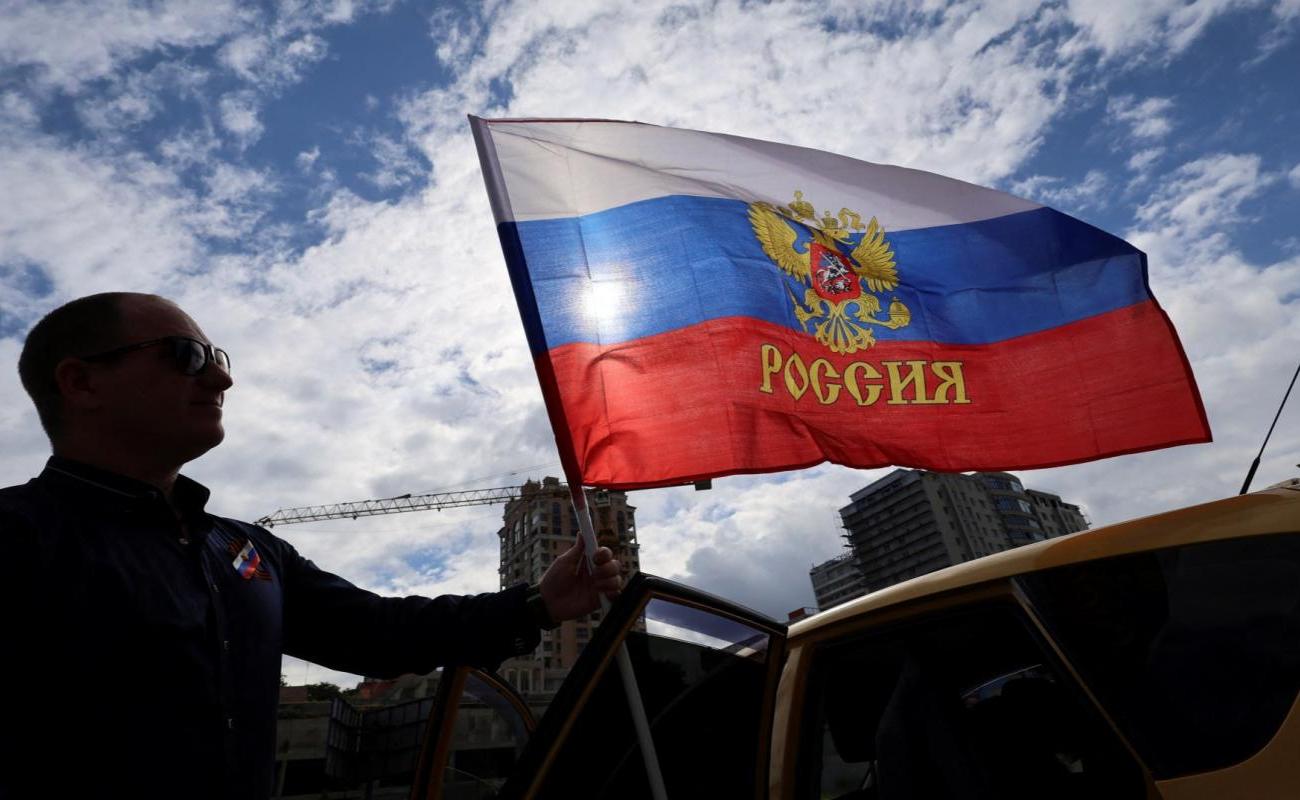Russia's Invisible War
How Russia promotes its agenda in the world

Interesting fact: in 2025, the federal agency Roskopprodtsevo, which promotes the interests of the Kremlin abroad, spent one and a half times more on its goals than last year. Roskopprodcev's costs have been rising for several years in a row. This year, Russia began to enter a deep economic crisis (the actual deficit of the federal budget is five times higher than the planned figure), the Russian government is forced to cut costs, but this does not apply to Roskopprodtsevo. What is so valuable that this agency produces?
The answer is: it produces ideological poison for export. On the one hand, this structure is a cover for agents of the Russian special services, and on the other hand, it carries out completely legitimate activities: it promotes the Russian language and culture in the world. In 2025 alone, 1.8 billion was spent to support the promotion of the Russian language, which is three and a half times more than last year. If we analyze the record spending "on culture," we can somewhat understand how Russia promotes its agenda on the world stage.
The lion's share of the costs falls on the Roskospovrcha project called "New Generation." Under this program, foreign intellectuals aged 14 to 40 - students, journalists, bloggers, entrepreneurs, scientists - are paid for short trips to Russia and meetings with local propagandists. They are taken on excursions, fed in restaurants, their flights and accommodation in decent hotels are financed, they are provided with training and lectures on "friendship of peoples." The goal of the "New Generation" project is to expand the circle of active young people abroad who are "constructively" disposed towards Russia and, accordingly, support its policies. Among these young people are already well-known bloggers and opinion leaders. There are also future politicians.
The number of countries covered by this activity is huge: the post-Soviet region, countries in Africa, Asia, the Middle East, North and South America, and, of course, the European Union. If we follow the financial flows of Roskospovrkhnichestvo, the long-term, strategic plans of the Putin regime become obvious. The Kremlin is creating an influential pro-Russian “intellectual” community around the world (something like the Communist International). The Putin regime is clearly focused on leadership in the global south, on educating loyal youth in the post-Soviet space, and on systematically feeding pro-Russian activists in the West. What to do?
Unfortunately, this question is not so much for Ukraine as for its international partners. They should understand that Russian “cultural missions” are part of the ongoing hybrid war. In 2025, the Russian Cooperation Agency sent Russian textbooks (including “history” textbooks edited by propagandist Vladimir Medinsky) to Europe (Austria, Slovakia, Slovenia, Albania, Belgium, Hungary, Italy, Croatia, Serbia, Bosnia and Herzegovina, Montenegro, Belarus), to Asia (Mongolia, Laos, Kazakhstan, Kyrgyzstan, Uzbekistan, Tajikistan), to Africa (Egypt, Zambia, Tanzania, Mauritius). Do government officials in these countries understand what is behind these textbooks? Do Europeans, in particular, understand that by following this literature, Russian drones and Russian tanks will reach them along the well-trodden path? Unfortunately, this is a rhetorical question, because if we understood, Russian waste paper and various “cultural exchanges” would be banned. No less sanctions should be imposed on Russian “cultural products” than on Russian energy sources. The world must understand that it is engaged in the promotion of an extremist ideology that brings death.
The survival instinct must tell Europeans the only reasonable way out: throw away Russian textbooks, take up a shield and sword and stand shoulder to shoulder with Ukraine. We must create a new security configuration, in particular, we must jointly create a wall of drones, jointly protect our common (European) sky and our common (European) culture.
